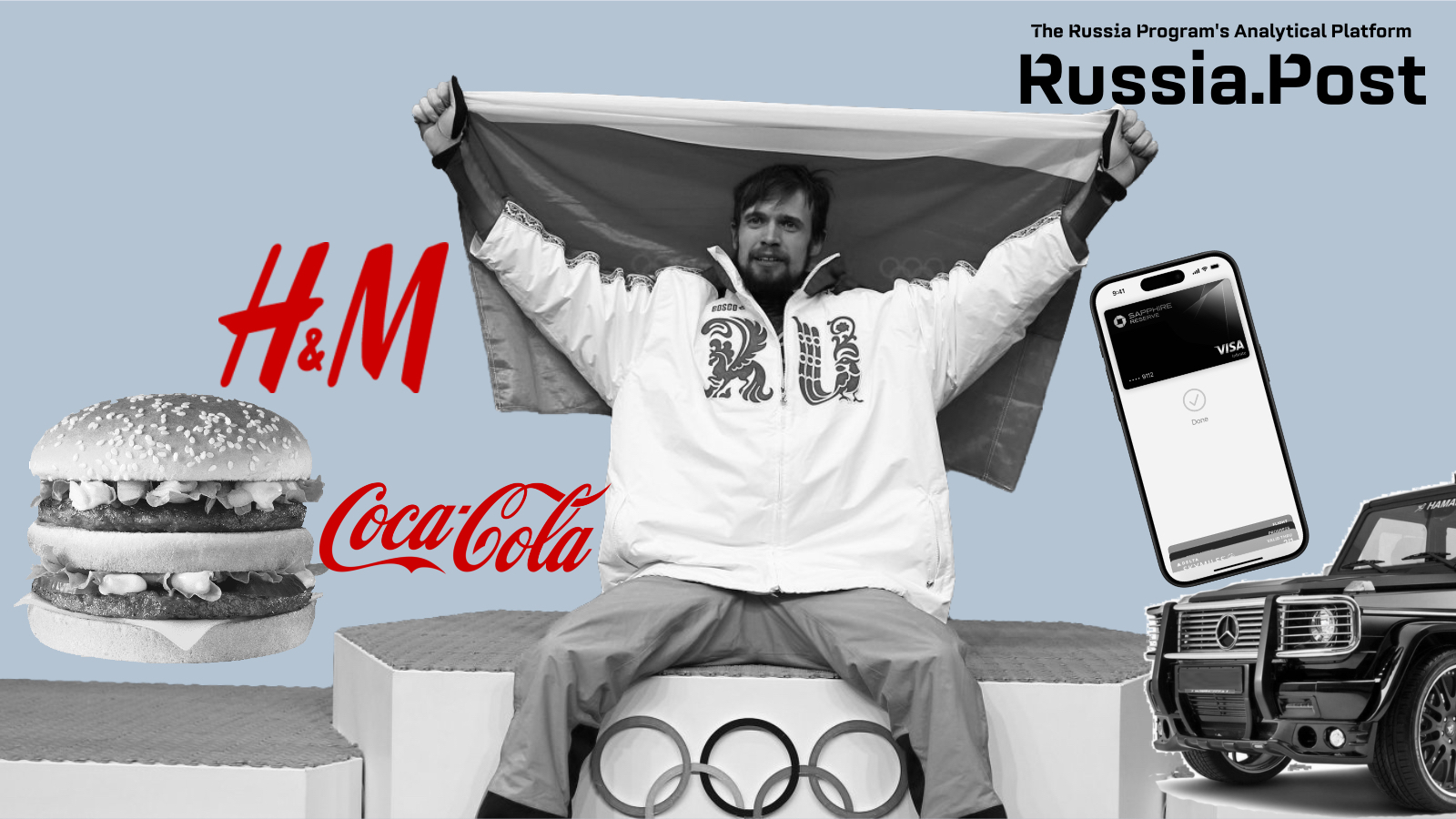The persistent negative outlook among the Russian populace is most evident in their perception of the future. Even in the relatively prosperous year of 2019, 62% of Russians, according to the Public Opinion Foundation (FOM), felt that the country’s situation was not conducive to life planning. But In the atmosphere of uncertainty and stress that has developed in Russia in the third year of the war, Russians avoid making plans for several years ahead or thinking about the future.
“This behaviour deepens the state of anxiety, especially if there are expectations of a negative outcome,” writes Elena Koneva, sociologist and founder of ExtremeScan, a research organization.
According to ExtremeScan survey data from the autumn of 2023, the so-called “special military operation” came in third place among significant factors affecting respondents’ personal lives, after health (their own and that of loved ones) and family income.
“Available research in Russia shows a significant increase in anxiety and depressed moods,” Koneva says.
No future without an end to the war
Russian people want to believe in the future but they cannot, with respondents 35 years old or younger the most pessimistic, her research reveals. Those in the older age group tend to demonstrate optimism, though they admit that it is not based on facts but an unfounded belief in Russia’s strength and luck.
“The experience of recent years shows that even if the bullet has been dodged for now, people should nonetheless prepare for a worsening of the situation in every sense,” says Koneva.



I take responsibility in what my country, my society, my ancestors did in the past. I wouldn’t know if I had the courage to rise up against the system in a dictatorship, but this does not free me from my responsibility for my society. Nor does this contradict the fact that this system would collapse without the support of a large enough part of its population.
There have been numerous incidents in history of people rising up against their authoritarian state and succeeding. What happened in the European states of the Warsaw Pact in the late 80s?
Why would it be possible for e.g. Poles to enforce political changes in the 80s but not for Russians in the 2020s?
Everybody carries responsibility. Possibillity is a complex issue that depends on collective action.
If you go about “enforcing political change” in russia right now, you get jailed or “windowed”, as many recent examples showed.
This does not make responsibility disappear, but it immensly changes the gauge for judging individual fault.
Also I see a massive double standard here. Because almost no matter where you live (I guess it’s somewhere in the “global north”, one of the centers of economic-political power), if you are not actively organizing resistance against the neoliberal program that is hegemonial and widely enforced, you are responsible for the massive poverty in and outside of your country and the geopolitical intability that is closely and causaly connected to said program.
The dehuminization of “let those fuckers be depressed because their lives are destroyed by oppressive politics” shoul consequently also be aplied to all the anxious, stressed and depressed people in the “first world countries”.
Or, how about we don’t dehumanize anyone…
As was the case in 80s Poland, for example. Or any other authoritarian, undemocratic country. The only countries where opposition is largely without these dangers are those you name later (“neoliberal economic north”).
Feel free to compare the deliberate, incredible and brutal slaughter and destruction of country and people by Russia in Ukraine with a system you oppose politically. Just don’t expect me to do the same. We’ve experienced other systems globally and strangely enough, although our current is far from perfect, most don’t want these systems back. Go figure.
These are entirely your words, not mine. I think it is more dehumanising to argumentatively rid the people of Russia from their fundamental human core such as a free will. They aren’t brain-dead people who are forever determined to be controlled by evil power-hungry leaders ending in “-in”.
They have to decide what their future will be. Russia being a nuclear power and no-one sane in the “west” considering a military invasion of it as was done with Nazi Germany, all the change in Putin’s Russia inevitably has to come from within.
In my eyes, this is far less dehumanising than treating them as helpless victims without power or the ability to speak for themselves.
Okay I see we have radically different understandings of how political power dynamics work and what “free will” and “democratic societies” are. This difference is probably most condensed in the concept of subjectivity, which I tried to open up for investigation with the bunch of questions in my earlier comment.
I think we can’t solve this here and now, so I’m gonna leave it at what I think is central.
Individual political agency is always conditioned by ideological and praxeologically powerful structures.
In russia they are easy to see (you get killed). In “the west” they are more more subtle (people contrafactually imagine beeing independent subjects whereas they grow into disciplined subjectivity).
In both, the vast majority does not have the needed understanding of their political environment and themselfes in it, or the power to substabtially change it. The latter depend on the former and is out of reach, as long as subjectivity is imagined as individual, as they did in those ugly comments above.
I wanna emphasize I respect this conversation, you and our difference but its just too much conceptual material to handle here. I hope it doesnt appear arrogant to name the authors that seem to me the most cebtral to these concepts: they would be Foucault and Gramsci, in case you are motivated to get into it, wich I would freakin double tip my fedora for